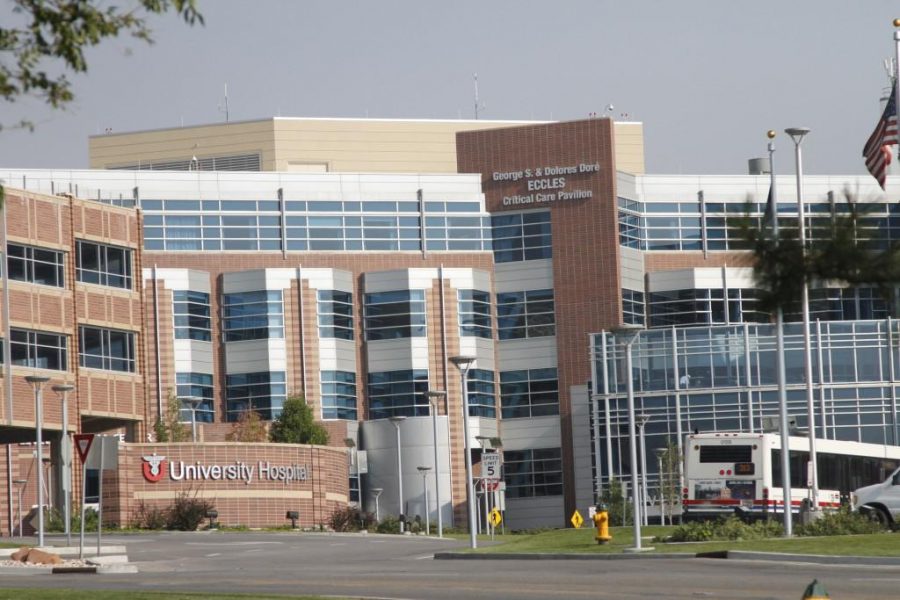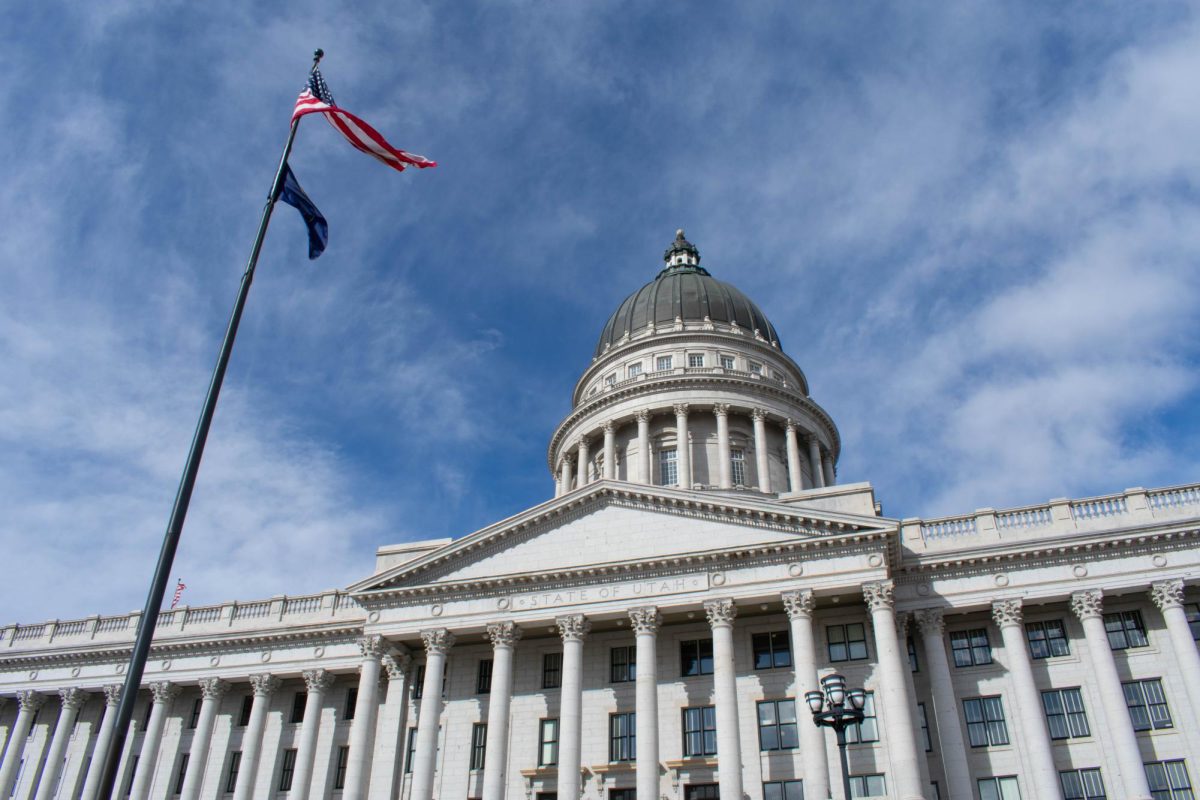Opinion
Fines don?t deter phone use
By By Alicia Williams
• September 11, 2008
Use 9/11 as an aid against future fear
September 11, 2008
Counseling needed for underage drinkers
By By Andrew Cengiz
• September 11, 2008
Credit a trap for students
By By Liz Carlston
• September 11, 2008
Students should support alert system
By By Gina Lea Nickl
• September 10, 2008
UTA should conform to customers demand
By By James Sewell
• September 10, 2008
Palin not a good choice, people are fooled if they think so
September 10, 2008
Give UCard a rest
By By Jeffrey Jenkins
• September 10, 2008
Students should be grateful despite library delays
September 10, 2008
Basic classrooms should be priority
September 9, 2008
Write for Us
Want your voice to be heard? Submit a letter to the editor, send us an op-ed pitch or check out our open positions for the chance to be published by the Daily Utah Chronicle.
@TheChrony
Print Issues




Write for Us
Want your voice to be heard? Submit a letter to the editor, send us an op-ed pitch or check out our open positions for the chance to be published by the Daily Utah Chronicle.
@TheChrony





